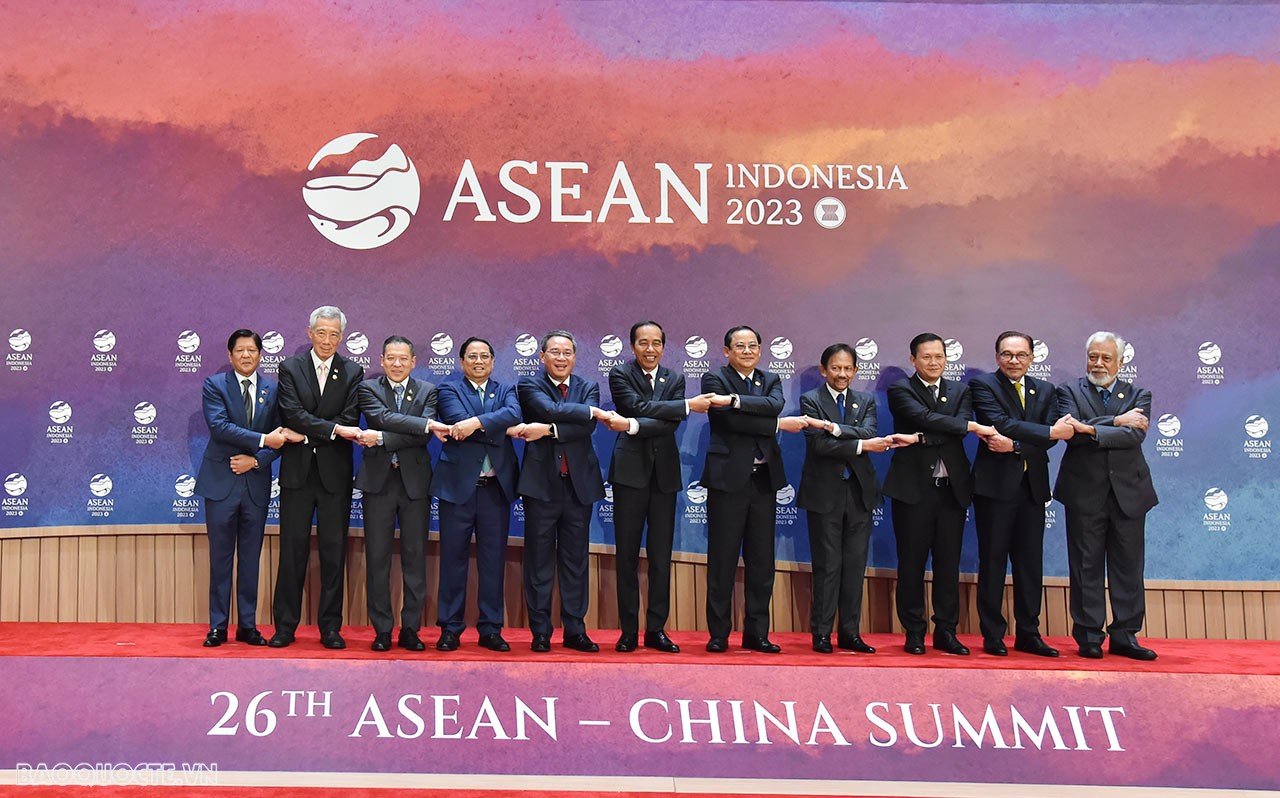 |
| Prime Minister Pham Minh Chinh and leaders of other countries attend the 26th ASEAN-China Summit in Indonesia, September 2023. (Photo: Anh Son) |
Close neighbors
Vietnam is centrally located between China and Southeast Asian countries - a neighboring space that is both geographically close and deeply rooted in history, culture, security and development interests. Maintaining harmonious and stable relations with neighboring countries is a prerequisite to ensure security, promote growth and affirm the national position in the era of strategic integration.
Nearly 80 years since its founding, Vietnam has proactively created and upgraded the framework of relations with all neighboring countries, reflecting its strategic vision and flexible adaptability to regional geopolitical movements.
With China, with similarities in history, culture, and political institutions, the two countries have established a comprehensive strategic cooperative partnership (2008) and issued a joint statement on building a “Community of Shared Future” (2023). Regular high-level exchanges and political trust between the two Parties and States continue to be consolidated, creating a foundation for dialogue and handling differences.
With Laos and Cambodia, Vietnam maintains a special relationship that is rare in the world , maintained through bilateral and trilateral cooperation at all levels. With Southeast Asian countries, Vietnam has gradually built a network of Comprehensive Strategic Partnerships with Malaysia, Indonesia, Singapore and Thailand; Strategic Partnership with the Philippines; Comprehensive Partnerships with Brunei and Myanmar. These frameworks not only increase the depth of cooperation in various fields, but also contribute to creating a stable regional environment, where Vietnam plays a proactive, creative and connecting role.
Economically, cooperation with China and ASEAN brings essential resources: trade, investment, technology and infrastructure. China is Vietnam's largest trading partner, with a turnover of 205.2 billion USD (2024), while ASEAN is the gateway to regional economic integration, with total investment in the first 11 months of 2024 reaching 9.52 billion USD. Vietnam has proactively participated deeply in the ASEAN Economic Community, promoting intra-bloc trade, developing the green economy, digital transformation and sustainable supply chains.
Regarding defense and security, Vietnam maintains dialogue and security-defense cooperation mechanisms with neighboring countries. With China, border cooperation, joint patrols, information sharing and peacekeeping are maintained regularly, contributing to risk control and building strategic trust. With Southeast Asian countries, Vietnam actively promotes cooperation in maritime security, combating transnational crimes, humanitarian assistance and disaster relief. Vietnam's active role in ASEAN-led mechanisms such as ADMM and ADMM+ affirms its position as a proactive and responsible country in the regional security structure.
In terms of culture and society, Vietnam promotes people-to-people exchanges, educational cooperation, heritage preservation, tourism development and regional community connectivity. These activities not only enhance understanding, but also create sustainable bonds between countries.
Although Vietnam’s relations with neighboring countries and partners have achieved many successes, there are still many limitations. The differences in development levels, economic scale and competitiveness have created difficulties in making the most of cooperation and integration opportunities. The implementation of agreements is sometimes not consistent, while institutional, legal and governance barriers remain major obstacles to implementing international commitments and protecting national interests.
Security and defense relations are still affected by differences in interests, especially sovereignty disputes in the East Sea. The lack of consensus within ASEAN on regional security issues reduces the effectiveness of cooperation and the ability to respond to traditional and non-traditional security challenges.
These challenges both require steadfast adherence to principles and provide an opportunity for Vietnam to perfect its institutions, enhance its strategic management capacity and strengthen its foreign affairs capabilities in an uncertain world.
More durable
Given its strategic importance, strengthening cooperation and dealing with limitations is necessary. Vietnam needs to synchronously deploy many measures in key areas:
Firstly, enhancing political and diplomatic dialogue plays a fundamental role in building trust, mutual understanding and promptly handling arising issues. Vietnam needs to maintain visits, consultation mechanisms, strategic dialogues, as well as exchange channels with neighboring countries to strengthen bilateral and multilateral relations.
Second, it is necessary to promote economic-infrastructure-trade linkages through the development of border economic zones, upgrading transport infrastructure, simplifying import-export procedures and enhancing investment cooperation. These solutions not only create momentum for economic development in border areas but also contribute to improving people's lives, promoting exchanges and connecting communities on both sides of the border.
Third, security cooperation includes combating transnational crime, smuggling, human trafficking, cyber security, disease prevention and response to climate change. Vietnam needs to closely coordinate with neighboring countries in sharing information, organizing joint patrols, conducting disaster response drills and building effective cooperation mechanisms to address common challenges.
Fourth , Vietnam should expand student exchange programs, organize cultural, artistic, sports events and exchanges between localities sharing borders, thereby enhancing understanding and solidarity between people of different countries.
Fifth, promoting cooperation through multilateral mechanisms such as ASEAN and the Greater Mekong Subregion (GMS) helps Vietnam and neighboring countries better utilize regional resources, coordinate actions effectively in solving common problems, and enhance Vietnam's position and voice in the international arena.
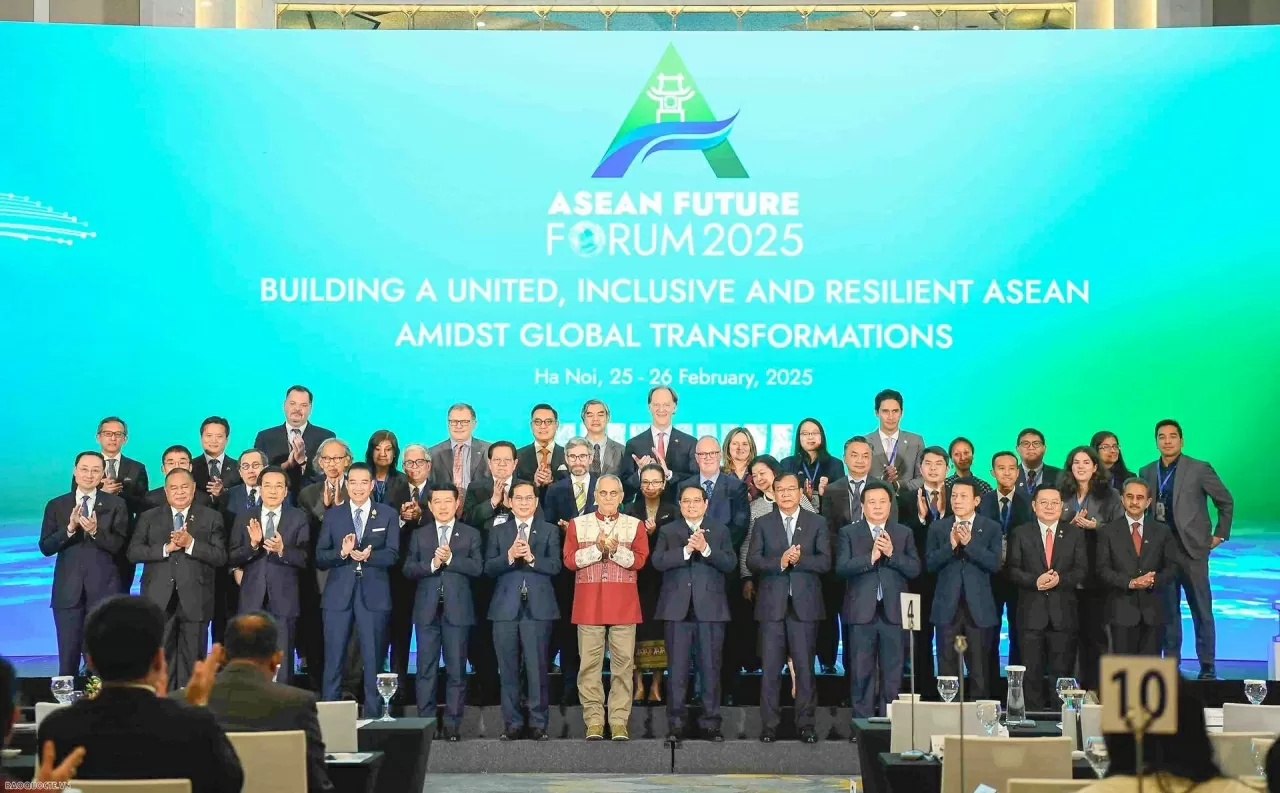 |
| The ASEAN Future Forum 2025 demonstrates Vietnam's efforts to promote dialogue and cooperation with neighboring countries and in the region (Photo: Tuan Anh). |
Besides, the relationship between Vietnam and neighboring countries also needs to deal with limitations and shortcomings. Vietnam needs to synchronously deploy many practical and long-term solutions in many fields.
Firstly, we need to proactively respond to territorial and maritime disputes and historical disputes. Vietnam needs to continue to adhere to the principle of resolving disputes by peaceful means, on the basis of international law. At the same time, we need to strengthen dialogue, promote consultation mechanisms, and cooperate for mutual development in disputed areas, minimizing the risk of conflict and escalation of tensions.
Second, Vietnam needs to proactively expand trade and investment relations with many other partners outside the region, improve domestic production capacity and develop supporting industries. Promote international economic integration, take advantage of new-generation free trade agreements, and build flexible and sustainable supply chains.
Third, strengthen border management, migration control and cross-border security. Vietnam needs to closely coordinate with neighboring countries in joint patrols, information sharing, combating transnational crimes, controlling epidemics and managing legal migration.
Fourth, it is necessary to build strategic trust and prevent misunderstandings through maintaining regular dialogue, information transparency, enhancing people-to-people exchanges and educational and cultural cooperation. Vietnam should proactively promote exchange and cooperation programs between border localities, organize forums and seminars to enhance mutual understanding, promptly handle sensitive issues and prevent the risk of misunderstandings and unnecessary conflicts.
Strategic pillars
Relations with neighboring countries always hold a particularly important position in Vietnam's foreign policy, as leading partners in development cooperation, protecting sovereignty, maintaining a peaceful and stable environment and creating momentum for Vietnam's deep integration into the region as well as the world.
Over the past years, Vietnam has achieved many outstanding achievements in cooperation with neighboring countries in all fields, contributing to enhancing the national position and promoting sustainable development. However, there are still many limitations due to differences in interests, territorial disagreements, differences in development levels and non-traditional security challenges, requiring Vietnam to be proactive and flexible in responding.
To consolidate and develop relations with neighboring countries, Vietnam needs to continue to strengthen political and diplomatic dialogue, promote economic linkages and multilateral cooperation, while building strategic trust and improving national governance capacity. This is a solid foundation for Vietnam to promote its position, protect national interests, maintain peace, stability and develop prosperity in the context of many regional and global changes, creating a good foundation for the country to enter a new era.
*Institute for Strategic Studies, Diplomatic Academy.
Source: https://baoquocte.vn/quan-he-hop-tac-huu-nghi-cua-viet-nam-voi-cac-nuoc-lang-gieng-321554.html


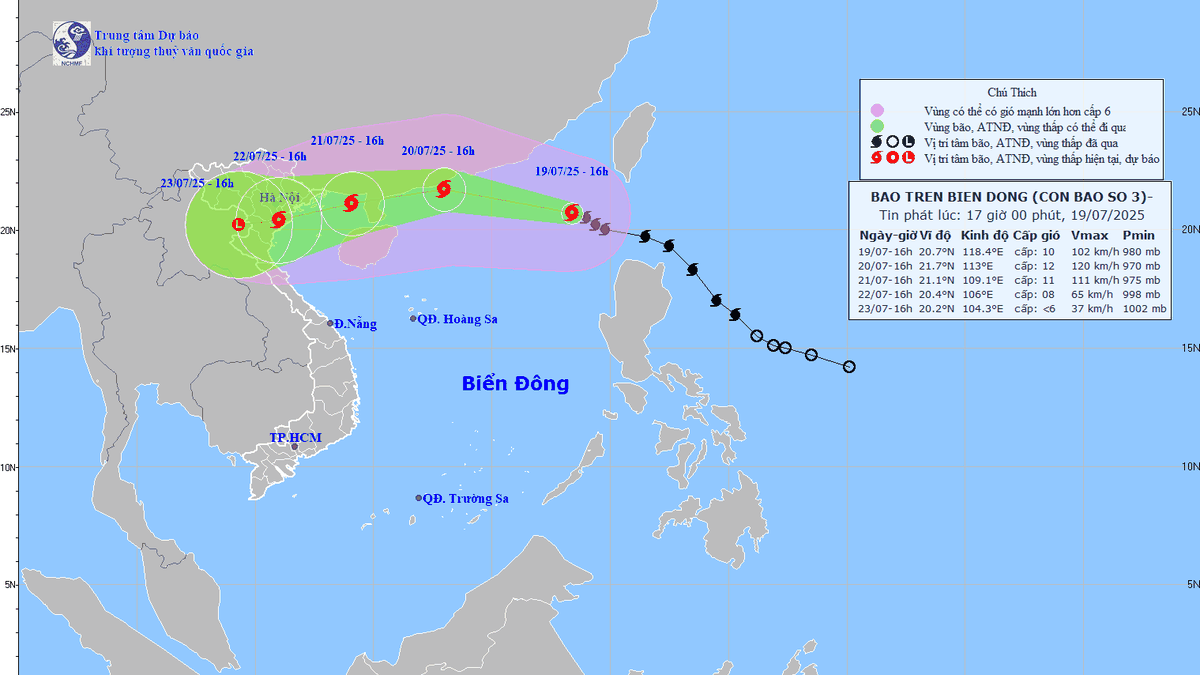
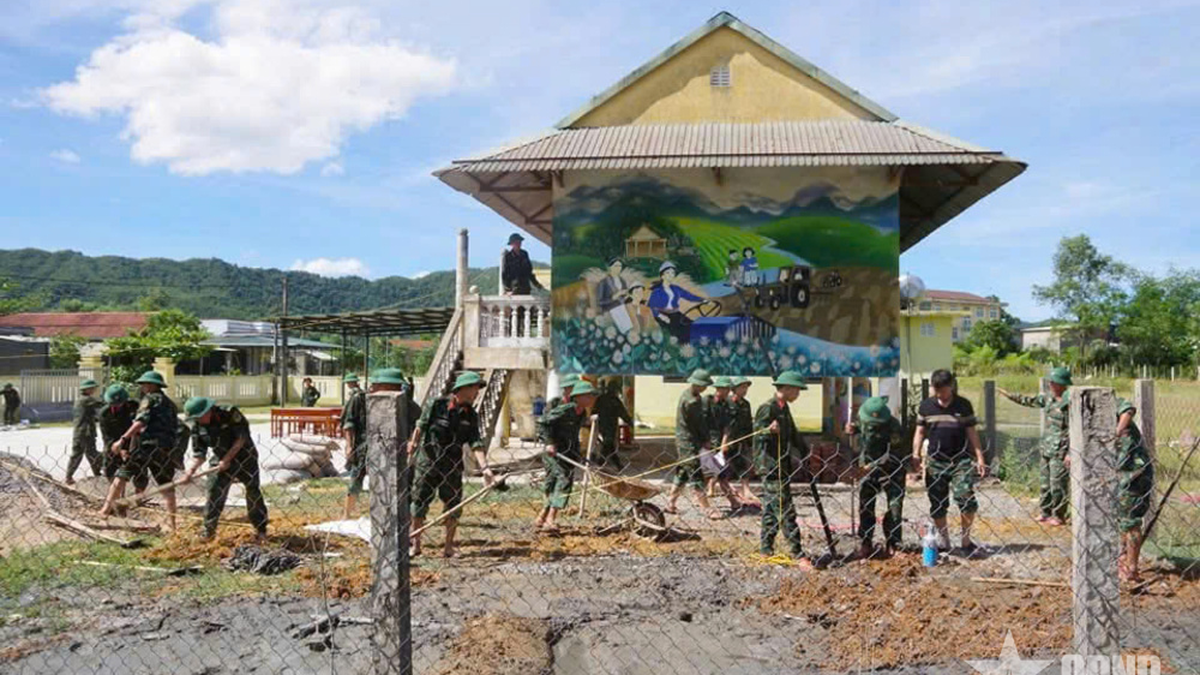


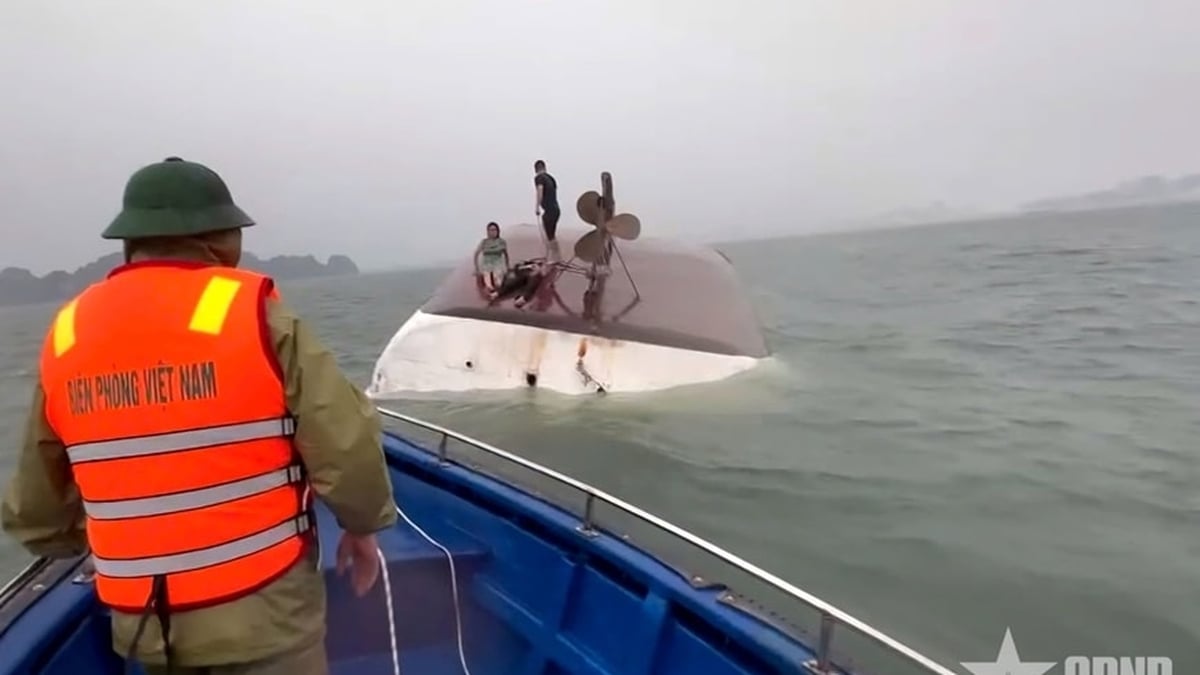
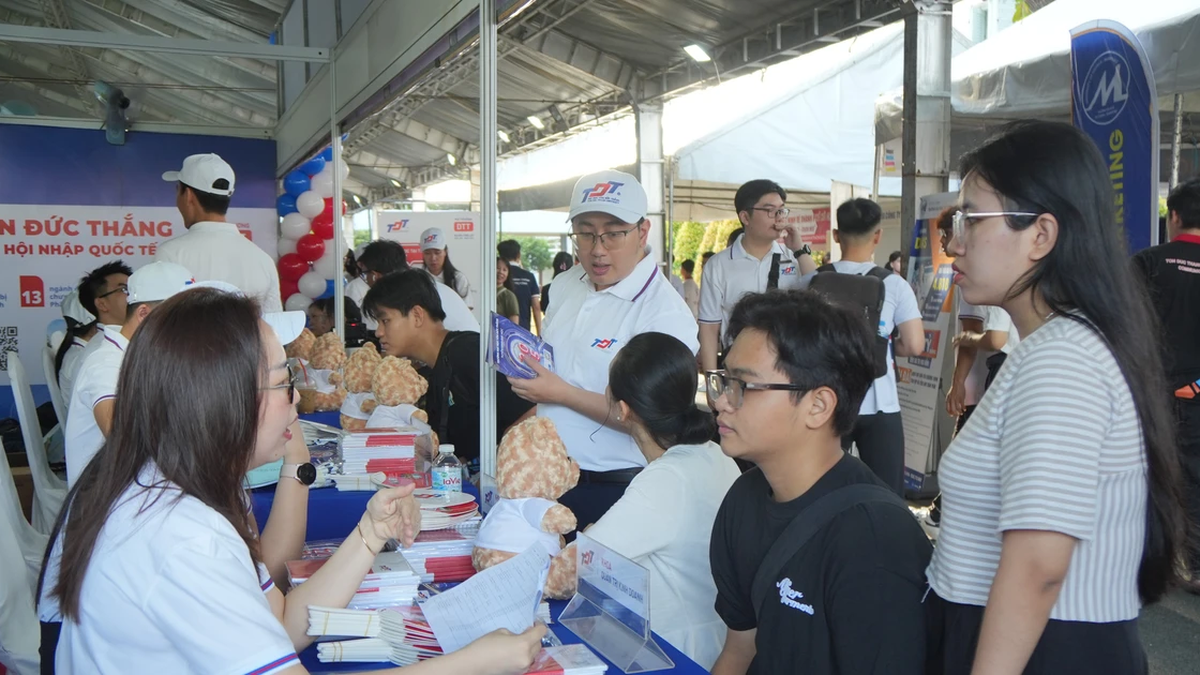
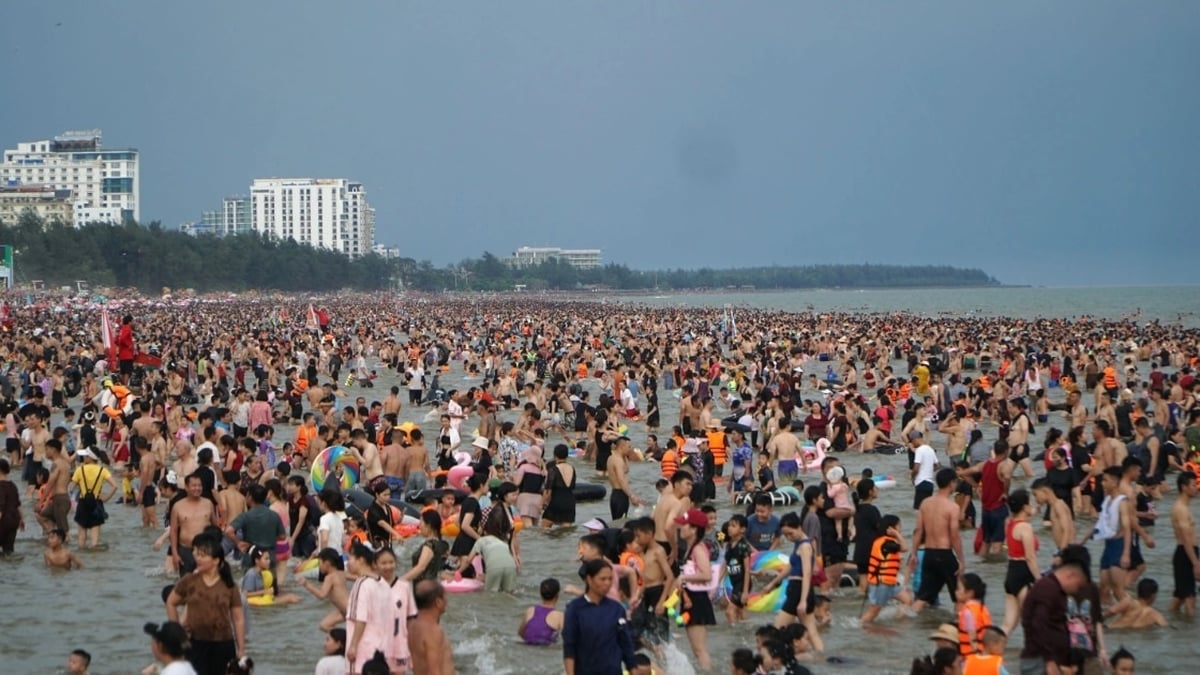
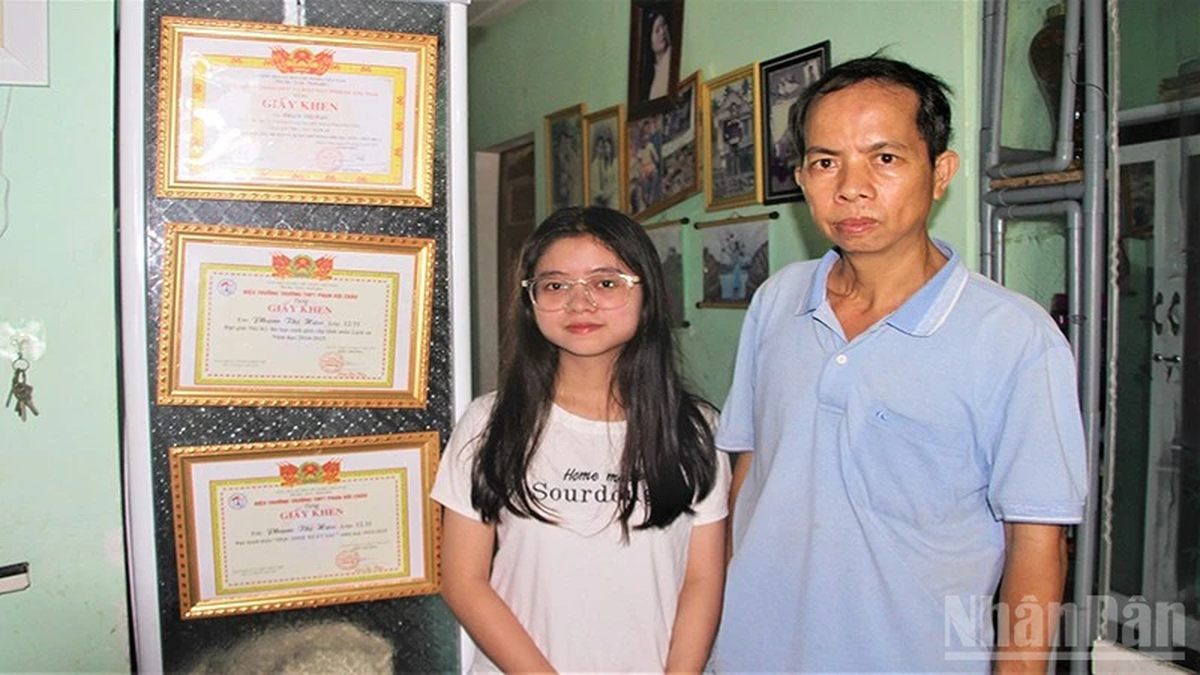
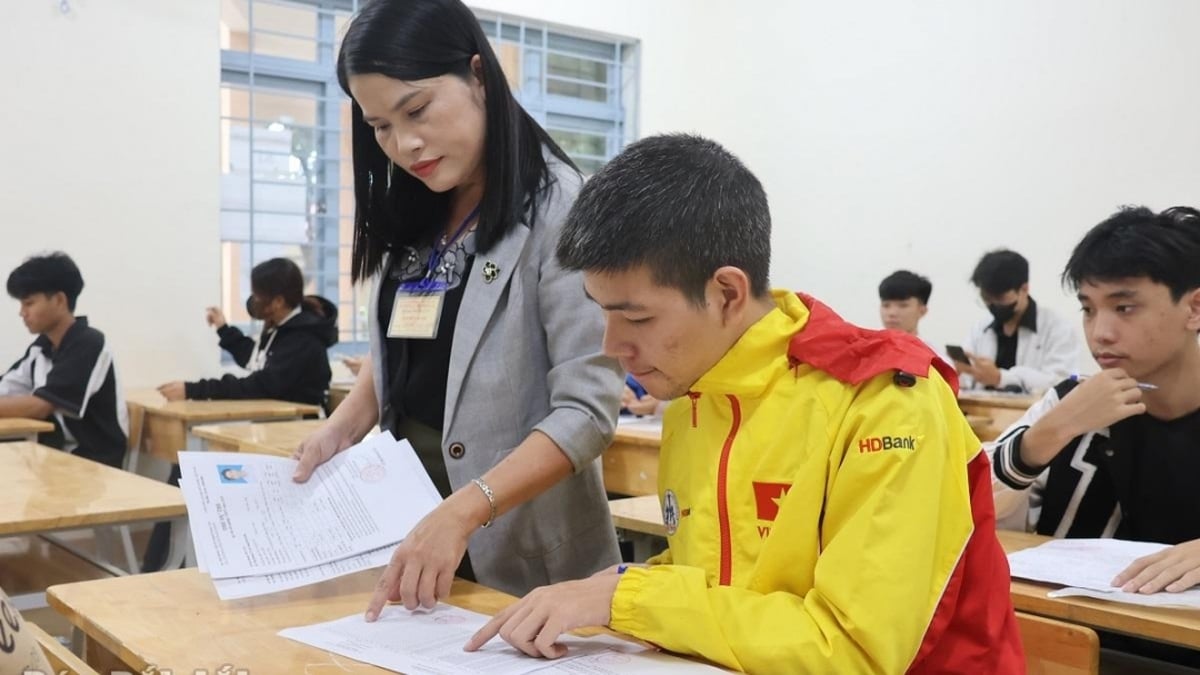
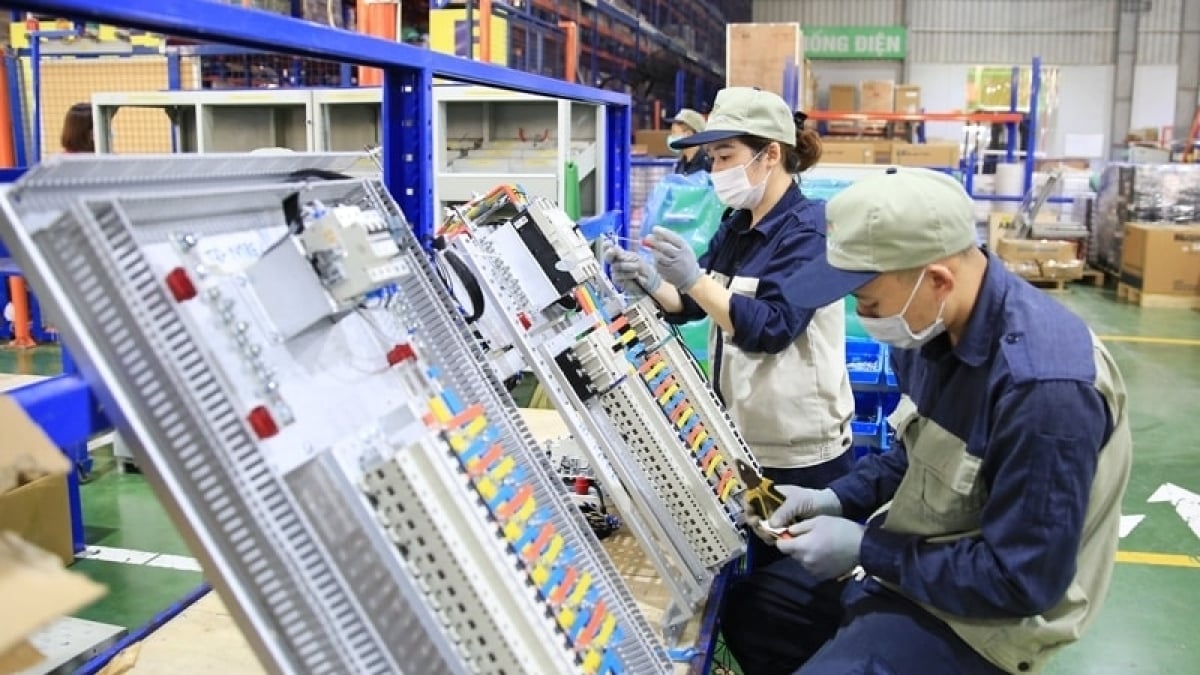























































































Comment (0)